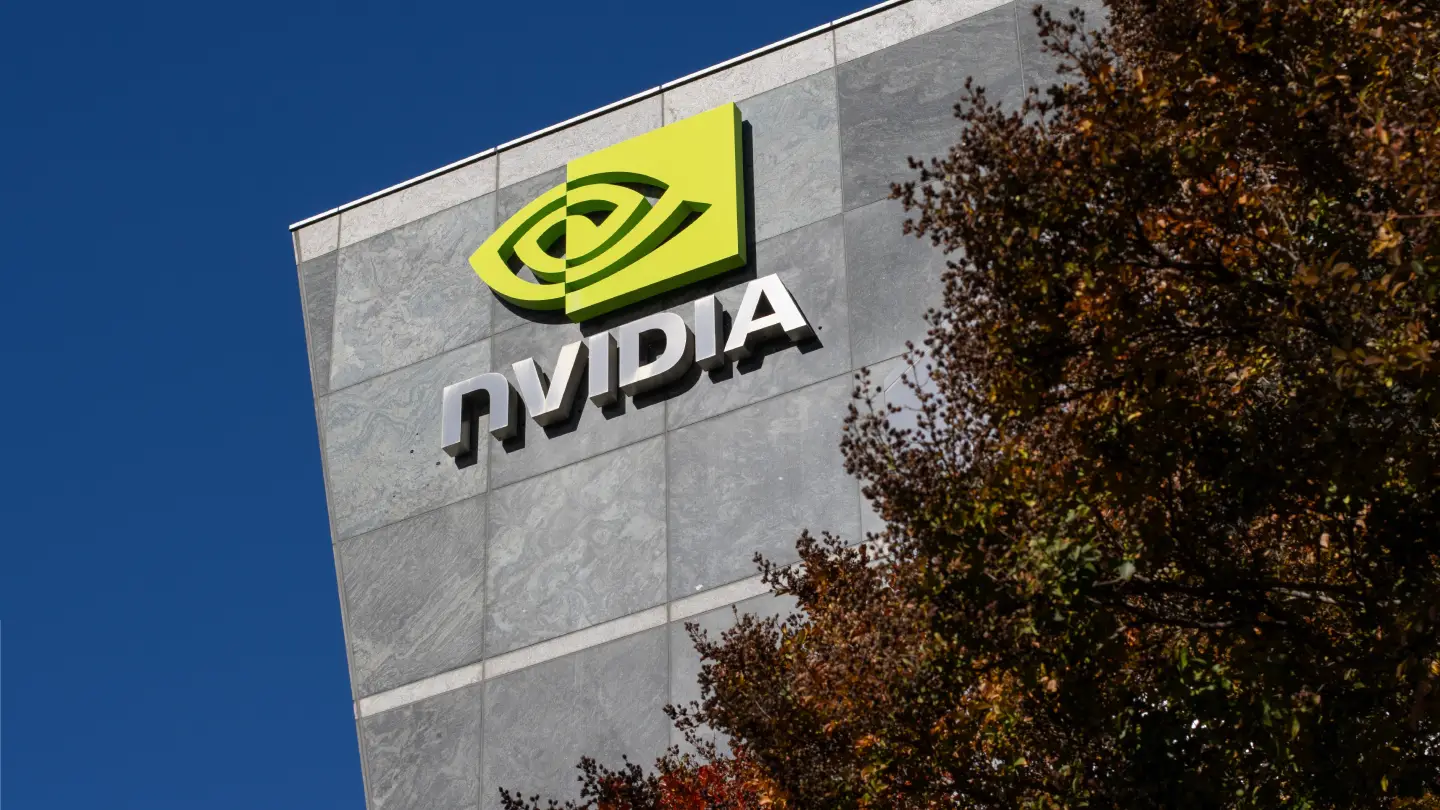Nvidia pledges $500 billion for AI infrastructure development in the US

Nvidia’s Major Investment in AI Infrastructure
Overview of Nvidia’s Commitment
Nvidia has announced an ambitious plan to invest up to $500 billion to develop artificial intelligence (AI) server infrastructure in the United States over the next four years. This investment will be made in collaboration with key partners such as TSMC, Foxconn, Wistron, Amkor, and SPIL. A significant focus of this initiative is the production of Blackwell AI chips at TSMC’s facility in Phoenix, Arizona, along with the establishment of supercomputer manufacturing plants in Texas. Foxconn and Wistron are expected to start operations within the next 12 to 15 months.
Manufacturing Strategy in Arizona and Texas
Nvidia has secured more than one million square feet of space dedicated to manufacturing, which is crucial for developing and testing Blackwell chips in Arizona and AI supercomputers in Texas. The complexity of the supply chain for these products will require sophisticated technology in manufacturing, packaging, assembly, and testing. To streamline these processes, Nvidia will collaborate with partners Amkor and SPIL in Arizona for essential packaging and testing stages.
Alignment with Industry Trends
Nvidia’s strategy reflects a broader trend within the tech industry, where other companies are also increasing their manufacturing presence in the U.S. This initiative coincides with the U.S. government’s recent decision to exempt electronics, such as smartphones and chips, from reciprocal tariffs on imports from China. This move indicates a potential shift in tariff rates for imported chips, as reported by Reuters, further motivating Nvidia’s investment in domestic manufacturing.
Economic Impact and Job Creation
Nvidia has emphasized that manufacturing AI supercomputers is vital for a new type of data center focused on AI processing. The company anticipates that this initiative will generate numerous job opportunities and contribute to the overall economic security of the United States in the years to come.
Advanced Technologies in Manufacturing
To enhance the efficiency of its manufacturing operations, Nvidia plans to employ several advanced technologies, including AI, robotics, and digital twins. Notably, Nvidia’s Omniverse will be used to create digital twins of its factories, while Nvidia Isaac GR00T will assist in developing robots for automation in the manufacturing process.
Statement from Nvidia’s CEO
Jensen Huang, the founder and CEO of Nvidia, stated, “The engines of the world’s AI infrastructure are being built in the U.S. for the first time.” He underlined that by adding local manufacturing capabilities, Nvidia can better respond to the growing demand for AI chips and supercomputers. This strategy also aims to strengthen the supply chain and improve overall resilience.
Addressing Investor Concerns
In discussions with the Financial Times, Huang mentioned that a substantial portion of the investment may focus on domestic chip production. He believes that supportive policies from the current administration could further foster growth in the AI industry within the U.S. Nvidia has been proactive in addressing investor concerns regarding the continued demand for its high-cost AI chips, especially amidst emerging competition.
Competitive Landscape in AI Hardware
Recent developments, such as the introduction of a chatbot by China’s DeepSeek, have raised questions about the reliance on AI chips. This chatbot reportedly utilizes fewer AI chips, leading to speculation about potential shifts in the AI hardware market. Nvidia has responded by emphasizing its commitment to innovation and adaptability in meeting market demands.
Overall, Nvidia’s significant investment and strategic partnerships position the company as a pivotal player in the evolving landscape of AI infrastructure, contributing to job creation and technological advancement in the U.S.






